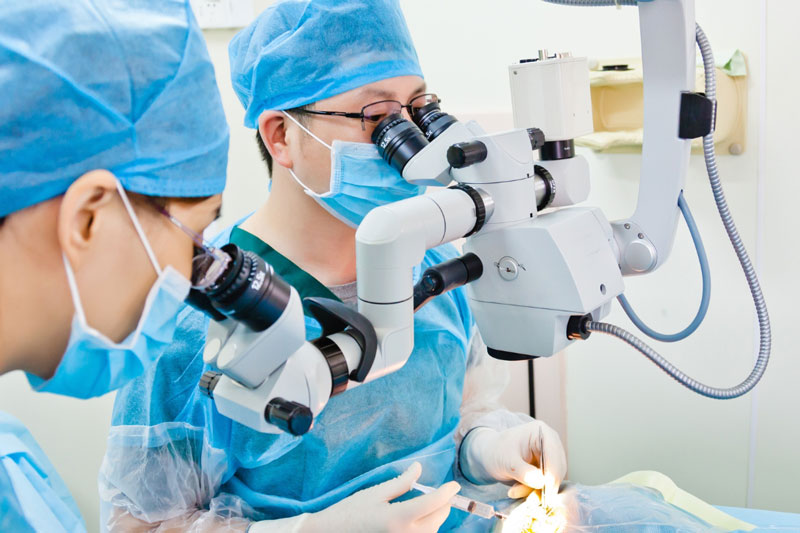What Is General Surgery?
When surgery is required due to ongoing medical issues, it can cause increased anxiety and uncertainty for many patients. While it is true that having surgery is a very serious event in a person’s life, with the right understanding and the support of a trusted medical practice like Ascentist Healthcare, your surgical procedure and follow-up care will go as smoothly as possible and keep you on track for a full recovery.
Unlike specialists who are limited to a specific organ or part of the body, general surgeons are equipped to operate on multiple areas of the body. Patient education, addressing concerns, pain management, and rehabilitation are integral parts of this comprehensive care. For this reason, they’re not just surgeons, but also clinicians and compassionate caregivers.
That is also why you need a medical team you can trust to deliver the highest quality of care when your health requires a general surgical procedure. Our team at Ascentist Healthcare General Surgery are experienced specialists with the skills and knowledge necessary to expertly treat people suffering from a wide range of conditions, providing a continuum of care for our patients.

Common Conditions Treated By General Surgery
- Hernias
- Gallbladder Diseases
- Appendicitis
- Gastrointestinal Diseases
- Colorectal Conditions
- Trauma
- Thyroid and Parathyroid Conditions
- Skin and Soft Tissue Conditions
- Pancreatic Diseases
- Liver Conditions
- Peripheral Artery Disease
- Varicose Veins
- Splenic Conditions
- Gastroesophageal Reflux Disease (GERD) and Hiatal Hernia
- Inflammatory Bowel Disease

Common General Surgical Treatments We Offer
- Hernia Repair
- Cholecystectomy
- Appendectomy
- Bowel Resections
- Hemorrhoidectomy
- Thyroidectomy
- Laparoscopy
- Trauma Surgeries
- Varicose Vein Treatment
- Reflux Treatment
- Parathyroidectomy
- Pancreatectomy
- Liver Resections
- Splenectomy
- Laparoscopic Fundoplication
- Gastrectomy
- Endoscopy
- Colonoscopy
- Skin and Soft Tissue Excisions
- Peripheral Vascular Procedures
- Feeding Tube Insertions
Frequently Asked Questions
What’s the difference between a general surgeon and a specialist surgeon?
While both are trained in surgery, a general surgeon has a broad knowledge base, allowing them to perform a variety of procedures across different body systems. A specialist surgeon, on the other hand, has additional training focused on a specific area, like cardiac or neurosurgery.
Do I need a referral to see a general surgeon?
Often, patients are referred by primary care providers or specialists. However, if you believe you require a surgical opinion, you can seek out a consultation directly. Always consult with your health insurance provider about coverage details.
How do I prepare for a surgery?
Pre-surgery guidelines vary depending on the procedure. Common instructions include fasting, halting certain medications, and undergoing preoperative tests. Your surgeon will provide detailed guidelines tailored to your specific procedure.
What’s the recovery time after surgery?
Recovery time is contingent on the type of surgery, the patient’s overall health, and other individual factors. While some minor surgeries may allow you to resume activities within a few days, major procedures may necessitate extended recovery.
What are the risks associated with surgery?
All surgeries carry inherent risks, which can range from anesthesia complications and infections to postoperative bleeding. However, modern surgical protocols prioritize safety, and potential risks are always weighed against the benefits of the procedure.







